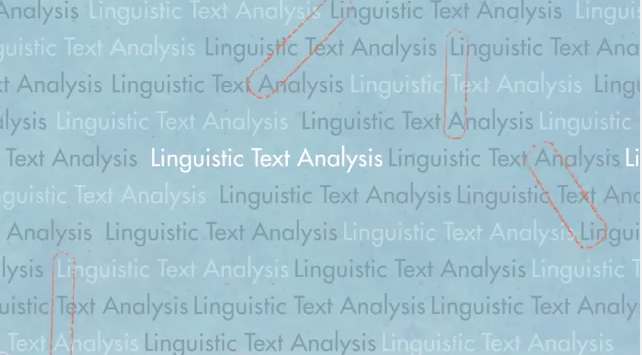How To Lie: The Linguistic Difference Between True And False Statements

Let’s face it, being lied to is not fun. Those more susceptible to lies are in greater danger of being taken advantage of, and this can leave us emotionally, physically, and financially hurt. Unfortunately, there’s no one way to figure out if a person is lying or not, but there are some clues to look out for that can point you in the right direction.
In his TED-Ed talk, Noah Zandan, founder and CEO of Qualified Communications, a company dedicated to improving the way people interact, shared some useful hints to decipher a lie from the truth. According to Zandan, when we lie we subconsciously change our speech pattern. Researchers have found that stories based on imagined experiences are linguistically different from those based on real experiences. Here are some of the biggest differences to look for.
Liars Don’t Like To Refer To Themselves
"Which sentence sounds more false?" Zandan asks in the video. "'Absolutely no party took place at this house' or 'I didn’t host a party here'?"
If you agree that the latter sounds more truthful, that’s because liars tend to dissociate themselves from their false statements.
Liars Tend To Be Negative
Although, by nature, liars lie, they often do feel guilty about their deceptive stories. According to Zandan, this comes out linguistically in their inclination toward negative phrasing. For example, a lie may be, “Sorry, my stupid phone battery died. I hate that thing.”
Simple Terms But Complicated Language
Since our brains struggle to build a complex liar, Zandan explains that liars will tend to explain events in simple terms. However, although they may have trouble coming up with an in-depth story, they will often tell their lie in convoluted wording, adding completely unnecessary detail.



























